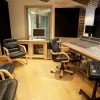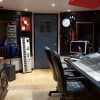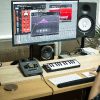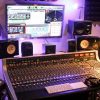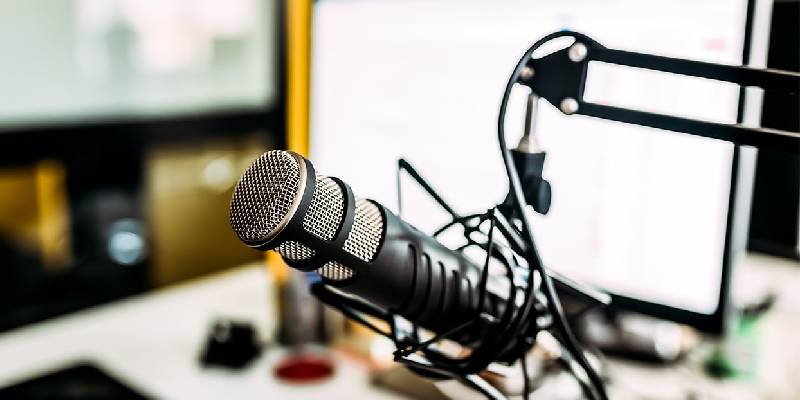
Have you ever recorded singing with your own voice in a professional studio? Most people find their voice sound very horrible when they sing and record for the very first time. You do not need to worry much if you are one among them. Even most popular singers, of current days, had this problem. So, we stress again that this is nothing to worry and you can certainly improve with little and diligent practice.
Generally, humans sound differently when they talk and sing. This is because we don’t use the same regions of our vocal cords for both activities.
Singing and recording in a studio is a different ball game than singing in a natural acoustic setup. The recording booth, the place where you sing in the recording studio, is a closed area that is sealed with soundproofing materials to avoid the echoes, reverberation and external noise. So, the first-time singer has to do some preparation to sound better in the recording studio.
Never Rush
You should get into the vocal booth in a very relaxed manner rather than in the sense of rush and excitement. This is because your vocal cord will not work as you wish when you are excited or emotional.
You should practice as much as possible before you hit the recording studio. Sing and record in your home to see how your voice sounds actually and try to correct the mistake by yourself. Make sure to choose your comfortable range and memorize the lyrics thoroughly. With ample preparation, you will find yourself more confident as you reach and start singing in the studio for the first time.
Microphone Technique
The microphone that you find in the studio is way different than the ones that are found in your mobile phone. The studio microphones are very powerful and hence you need to know how to make use of them properly.
Your face should come close to the microphone when you are singing in a softer or low tone, and go farther when singing in louder volume. By doing this, you can avoid the unbearable sound fluctuations.
As the studio microphones are very sensitive, they can absorb even your breathing sound, which can ruin the final output. Try to reduce the breathing sound as much as possible, or you can turn your head away from the microphone while you take a breath.
Select The Ideal Microphone
The recording studio may have more than one microphone for recording purpose. Before you begin the actual recording, you can try singing with the different microphone to see which one reproduce your voice better.


